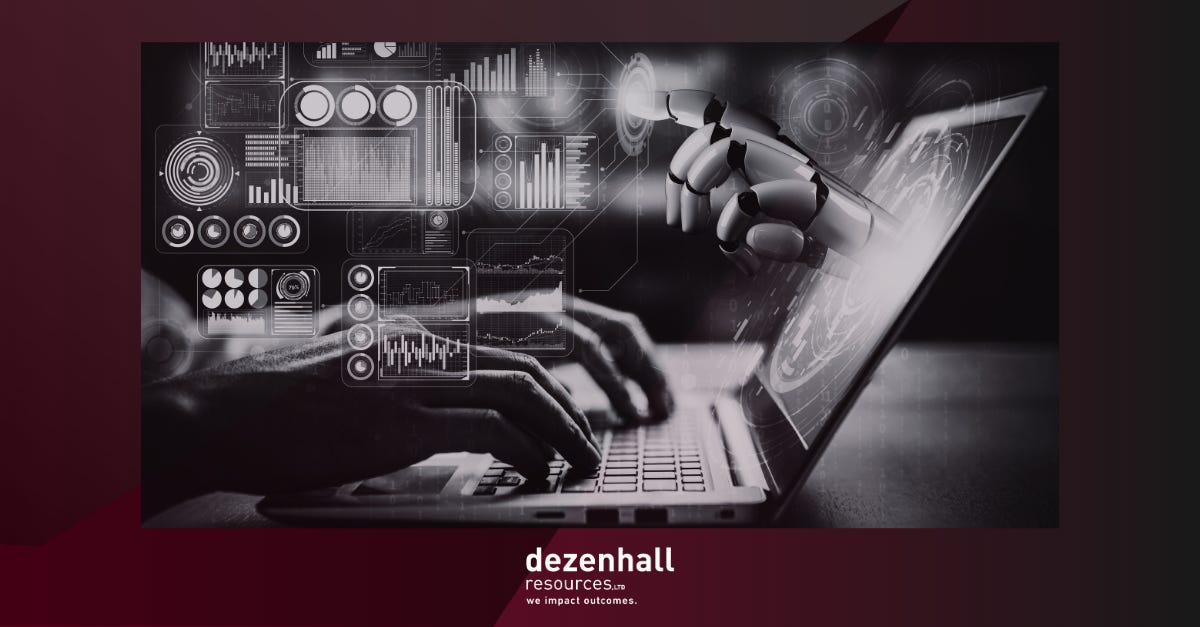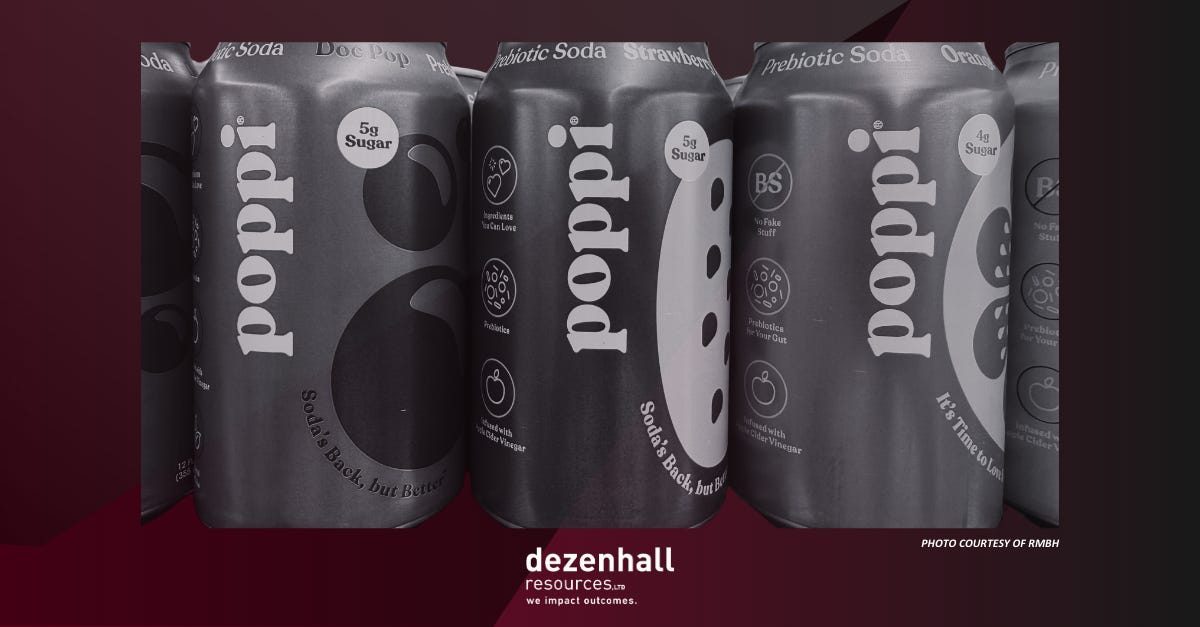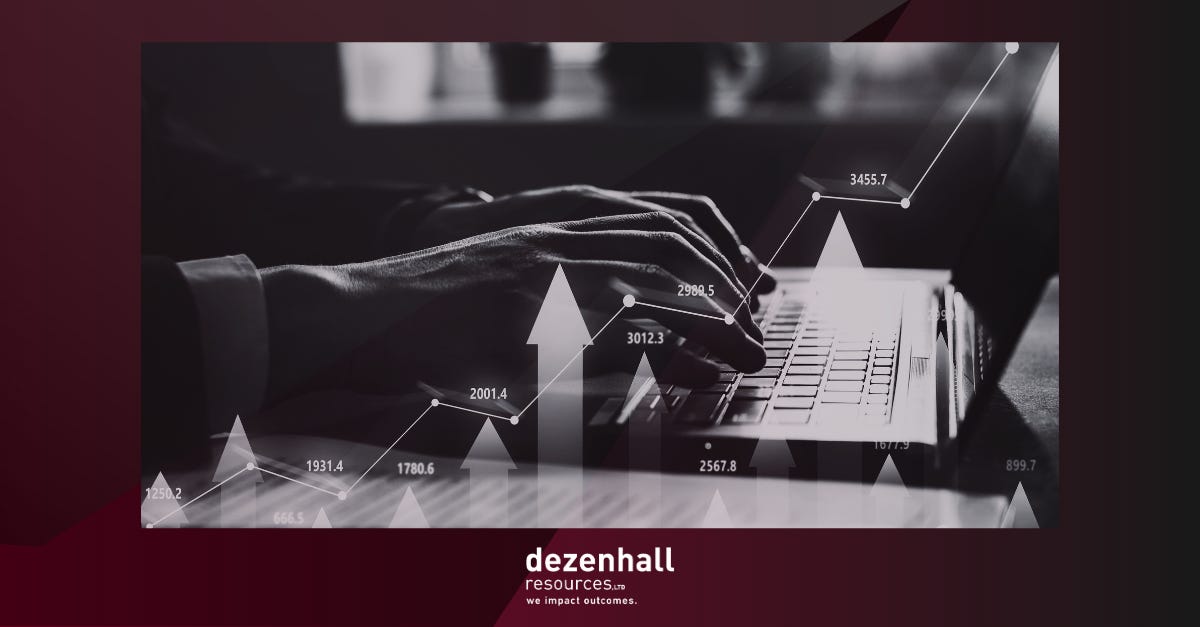The Impact of AI: Iron Sharpens Iron
Before diving into this piece, I recommend checking out the first article in our Digital AI series, “Ghosts of Crisis Management Past and Future.”
In today’s business landscape, the rise of artificial intelligence (AI) is a hot topic, dominating podcast discussions and happy hours across America. The opinions surrounding AI generally fall into two camps: those who believe it will bring unprecedented advancements to the human condition and those who envision a dystopian future under the rule of omnipotent robots.

However, it is essential to recognize that AI has been a part of our lives for a considerable time. From scheduling our morning coffee to utilizing robot vacuum cleaners, cracking jokes with Siri, or experiencing the convenience of anti-lock brakes, AI has become intertwined with our daily routines, enhancing our lives in numerous ways.
The real debate arises with the introduction of everyday public-facing AI tools like ChatGPT, an extraordinary chatbot that leverages large language models to engage users in conversation. Armed with an extensive database of internet knowledge, OpenAI’s ChatGPT has undergone human training to interact with people and continues to learn and improve over time. As its computational power increases exponentially and its intelligence expands, some perceive it as the ultimate solution to humanity’s challenges, while others fear it threatens our existence.
Amidst this ongoing conversation, I find myself in an unfamiliar position—I hesitate to take a definitive stance just yet.
As a consultant working in communications that may see some of its more traditional tasks replaced by AI, such as writing press releases, I realize the potential obsolescence of certain aspects of our work. However, upon reflection, I acknowledge that boilerplate press releases may not have been the best use of our time and resources. These repetitive tasks lack thoughtfulness and fail to truly serve our clients’ needs, even before ChatGPT emerged on the scene.
At Dezenhall, we consider ourselves a crisis management firm, a public affairs firm, and a collection of business strategists and management consultants. For the purposes of this article, let’s label Dezenhall as a persuasion firm. Our mission is to encourage people to align with our client’s goals, helping them effectively convey their stories and messages. Our approach revolves around identifying key audiences, educating them, and changing their perspectives or reinforcing their beliefs.
Now, how does AI impact our work? The truth is, amidst the plethora of armchair quarterbacks on the topic, nobody truly knows.
So, what relevance do public affairs, crisis communications, management consulting, and the persuasion industry hold in this AI-driven era?
If we intend to incorporate this powerful technology into our daily operations, we must do so responsibly, ensuring that it enhances rather than replaces our human talent and expertise. Persuasion’s true power lies in its subtlety and nuance—no one-size-fits-all message or approach exists. While technological advancements have allowed us to communicate more authentically by leveraging data and targeting, our success stems from strategic thinking that encompasses consumer values, emotional connections, and historical perspectives. We excel because we understand the complexity of human nature—a quality that a large learning model like ChatGPT cannot replicate. Embracing human irrationality – the stuff that makes life interesting – becomes vital because the individuals we aim to engage with do not see the world as a series of 1s and 0s.
At Dezenhall, we stand at the crossroads of excitement and concern regarding AI’s impact. We are early adopters of innovative technologies, constantly exploring new tools and techniques that could enhance our work and drive successful outcomes for our clients. However, we also harbor reservations about being overshadowed by AI, which falls short of delivering the quality of work we pride ourselves on.
Therefore, we currently find ourselves in a phase of introspection, asking ourselves challenging questions:
- Where can this make us more productive? If my colleagues and I don’t have to write press releases or tinker with the layout of pitch deck slides, how else can we use that time? Perhaps we can invest more time in understanding the motivations of individuals who do not spend their days interacting with computers, allowing us to develop more impactful strategies and messages than our competitors.
- Where might AI hinder our productivity? I recall a recent instance where I stayed up until 5:30 am on a school night, using ChatGPT to draft a business plan for a fictional company. Needless to say, my productivity suffered the next day.
- How do we protect our client’s privacy and security? If the model learns about me as I communicate with it, it retains the information I’ve provided. What assurances do we have that the data we provide in conversation is protected, especially when working on sensitive matters? Should we use AI for brainstorming and research when the client wishes to remain anonymous? What is the threshold?
- What types of disclosures should we make regarding AI-generated content? Are we ethically required to disclose to clients which sentences, paragraphs, or entire pieces of work product were AI-generated? Should we do it anyway, for transparency’s sake? What would that mean for perceptions of our business?
- What does the next decade look like? Next year? Next week? Innovation is happening at unprecedented speeds. How will content creators, press secretaries, and brand managers—both those who seek our services and those we employ—be affected by ongoing innovation? The rapid pace of change demands our attention. We must envision what lies ahead for our industry and adapt accordingly.
We’re in the early stages of this journey. We already see prominent PR firms releasing glossy reports and conducting webinars on the “future of AI for communications professionals” and similar topics. From my reading, these initial bits of analysis fail to emphasize the irreplaceable value of human involvement in understanding and impacting other human beings. That analysis is thus incomplete and lacks meaningful context.
As we continue experimenting with modern AI tools at Dezenhall, we will share our thoughts and experiences openly, utilizing the diverse backgrounds and expertise of our Dezenhall team. Our Chairman, Eric Dezenhall, may struggle with operating a garage door opener, while one of our Directors, Mark Emerson, built a digital ordering and inventory system for a restaurant out of sheer boredom while waiting tables. We value their unique perspectives on this topic.
If I wanted a predictable take on the future of AI from a PR 101 manual, I could easily generate one using ChatGPT or any of the thousand new AI applications. However, we have chosen a different path. We will ask the tough questions, embrace new technologies, and share our insights and experiences. One principle remains unwavering: Our belief that hard work and human ingenuity will always distinguish us in the marketplace.


